By Paul Njowusi
For many years, successive administrations in Nigeria had embraced the scam that the fuel subsidy regime exemplified in the mismanagement of our public finance. They had fed us with the fictions behind the figures that had been bandied over time to defend retention of subsidy by portraying the removal of subsidy as unrealizable. They had largely succeeded in obfuscating us in matters pertaining to the issue until some clarity kicked in, first in 2012 under the Goodluck Jonathan administration, when the House of Representatives probed the issue. The lower house sustained its investigative oversight under the Buhari regime and indicted some companies and individuals who got paid for products that either they did not supply or that they under supplied in the opaque implementation of the subsidy regime. Some were arraigned and the process of having all those indicted prosecuted is ongoing.
There are so many issues around fuel subsidy that discount arguments in favour of its continued retention. The point that makes a whole lot of sense is that whereas subsidy was designed ab initio to mitigate the economic burden on the masses, the greatest beneficiaries happen to be the rich who have fleets of cars which they fuel at subsidized pump price(s) The argument is that it is wrong to subsidize the indulgent affluence of the rich. Secondly, the undisciplined and imprudent deployment of vehicles on road without planning of movements feed on the fact that fuel is sold at cheap price(s) at the pump. In a deregulated fuel economy, vehicular movements are prioritized. Cheaper alternatives to fuel are explored because of the high cost of fueling of automobiles. Fuel affordability should determine the deployment of automobiles for movement from one point to another.
Until May 29, 2023, when President Bola Tinubu made that presidential declaration, even though ex tempore, that fuel subsidy was gone because there was no provision for it in the 2023 budget as from June 1, 2023, there had been a series of back and forth by previous administrations, particularly the Muhammadu Buhari administration. The problem was that they could not summon the political will, add to it, courage, to upend the subsidy regime by pointedly announcing its removal and following it up with further necessary actions to get the buy-in of critical stakeholders and Nigerians.
Tinubu had served notice during electioneering that he was going to remove subsidy on fuel, regardless of the consequent protests. He had lived up to his promise in the course of delivering his inaugural speech as the 16thpresident of the Federal Republic of Nigeria. The declaration was a consummation of his campaign promise. If Tinubu had shown courage by declaring even before the poll that he would remove fuel subsidy, his announcement on Monday demonstrated a rare political will that had been lacking in the dispositions of successive administrations who were always restrained by the consequential dialectics of the planned removal while pointedly discounting the benefits derivable from the deregulation of the downstream oil sector.
The president had done the needful by announcing the removal of fuel subsidy and has begun to consult with stakeholders to consolidate on the policy measure amid the rising complexities of rejection and threats. It is thus important at this intersection to confront the dialectics that had trailed the fuel subsidy removal with the potential benefits that the removal of subsidy has in store for the country.
Recently, in during his end-of-tenure press conference, the immediate past Minister of State for Budget and National Planning, Prince Clem Ikanade Agba, said that the country s having an infrastructure deficit estimated at about $2.3 trillion, explaining that to plug the gap over the next ten years, the country would need to mobilise annually a whopping $150 billion for that purpose. This money is expected to come largely from the private sector, which is driving the medium-term National Development Plan 2021-2025 and the perspective long-term National Development Plan-the Nigerian Agenda 2050.
Just as President Tinubu said, the money that successive governments had spent on fuel subsidy payment would stop. Further expenditure would be invested instead in other critical sectors of the national economy. The nation’s infrastructure stock will benefit from this investment. This is an immediate fallout of the presidential decision to upend the fuel subsidy regime. The second immediate fallout is a completely deregulated sector that is similar to the deregulation of the telecommunications sector where market forces now preponderate operational transactions. The NNPC pricing template defining the minimum and maximum price ranges per time would become operative and would be operationalized by the relevant authorities.
Indeed, beyond the dialectics of the fuel subsidy removal, there are a number of other positive fallout that would be writ large, given the intensity of citizens’ watchdog role to demand for performance and accountability in public expenditure with particular reference to building the nation’s infrastructure stock for which public funds hitherto tied to fuel subsidy payment would be freed up for more meaningful infrastructure and development projects and programmes that stimulate industrialization, job creation, economic growth and social prosperity
It is on record that the about N12 trillion spent on subsidy in the last four years is more than sufficient to develop any of the following projects: 2,400 hospitals of 1000-bed capacity across 774 LGA , or 500,000 new houses to provide shelter to over 3.5 million Nigerian, or 27GW of electricity generation, or skill up and provision of education up to tertiary levels for over 2 million Nigerians.
It can also grow domestic refining by creating a market reflective downstream which invariably stimulates more downstream investments especially in the domestic refining space, thereby creating more jobs, prosperity and growth. What about reduction of gasoline smuggling and diversion? The removal of fuel subsidy would eliminate the unhealthy price arbitrage with neighboring countries, thereby preventing the diversion and smuggling of gasoline outside the nation’s borders which bleed our national economy.
Fuel subsidy removal would also reduce corruption surrounding internal product diversion as many marketers procure gasoline at subsidized regulated wholesale prices but still sell at deregulated retail prices. Removal of subsidy would create an opportunity to redistribute the benefit accruable from it directly to those who need it more, just as the removal would enable responsible gasoline consumption which reduces waste as the prices is more market reflective and the demand for the product will rebalance itself with the new price realities
There is also the argument that subsidy removal would allow for the full recovery of upstream revenues which could be reinvested to grow our national petroleum production and reserves and overall forex earnings. Significantly, subsidy removal would help to grow our forex earnings while the reduction in product consumption would reduce pressure on the forex, thereby strengthening the Naira.
The issue of fuel scarcity will become a thing of the past as open market reflective prices would bring in more players, create a more efficient market, thereby reducing fuel scarcity and its adverse effects on the economy. This will concomitantly reduce growing deficit and public debt. Indeed, subsidy removal would significantly reduce the growing and unsustainable budget deficit and consequently the debt burden, thus creating a more robust economy and sustainable future.
The point is also well received that removing of fuel subsidy will incentivize domestic refineries to produce more petroleum products, thus reducing Nigeria’s dependence on imported fuel. This, in turn, could boost the country’s economy and create jobs for Nigerians through deliberate strengthening of the agricultural sector performance and outputs, even though prices will move up in the short term. The long-term benefits to the sector when funds are allocated to infrastructure and technological development will support overall growth and enhance food security in Nigeria.
In fact, because of deregulation of the downstream sector through Subsidy removal, the greed for higher profits and sabotage by a few players in the oil industry would be curbed and this will positively affect the economy. This is in addition to ensuring competition in the industry to allow market forces to reasonably drive down the price of petrol in the long run as witnessed in the telecoms sector for the benefit of Nigerians.
In rounding off, removal of subsidy, as has been stated supra, would allow for better use of public funds to achieve more meaningful infrastructure development programme which will be more beneficial to Nigerians in growing our economy. This is the most opportune and auspicious time to do it. The removal of subsidy by President Tinubu is an idea whose time has come. The president has demonstrated the courage and the political will to consummate this significant policy decision and he should be supported to consolidate it.









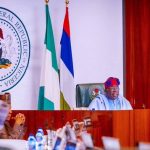



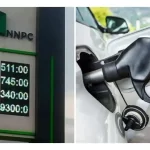








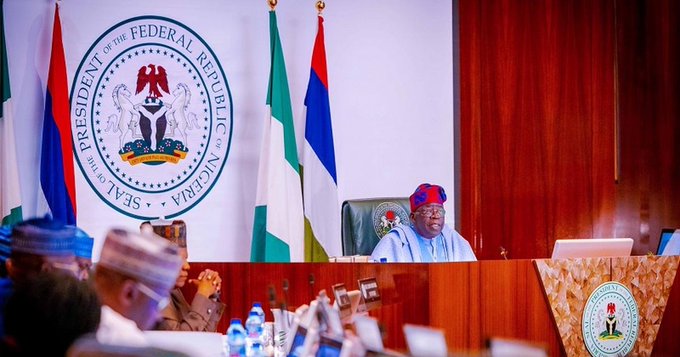


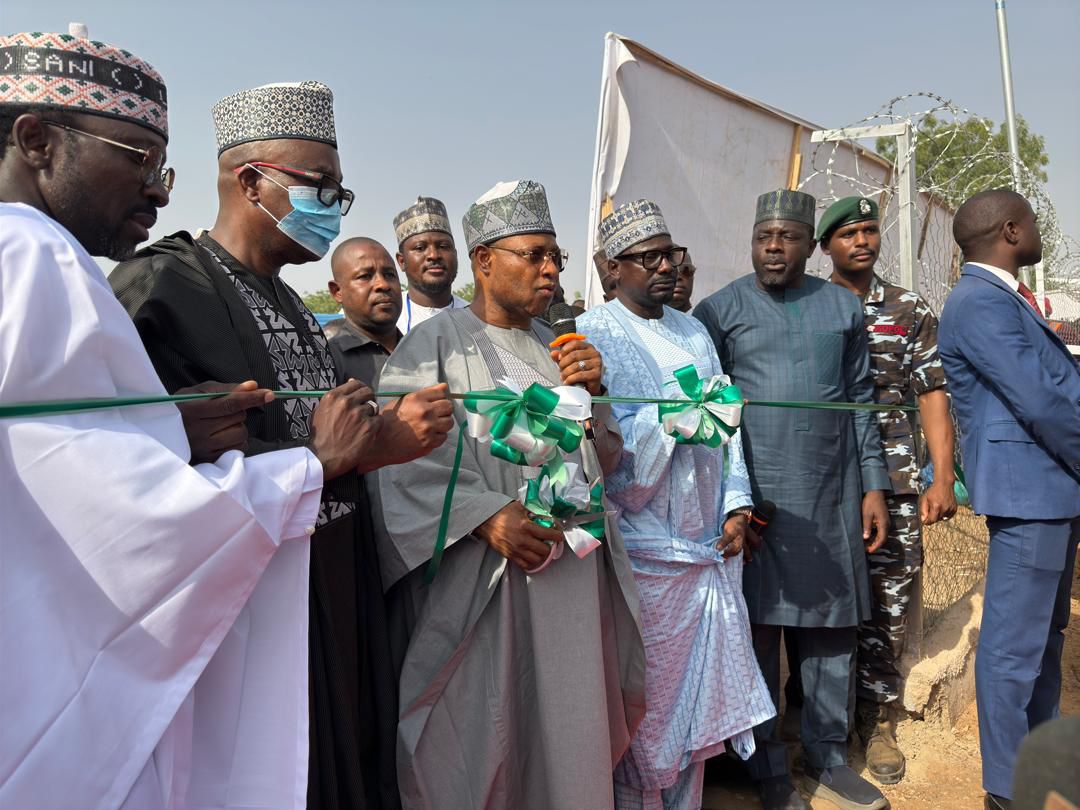



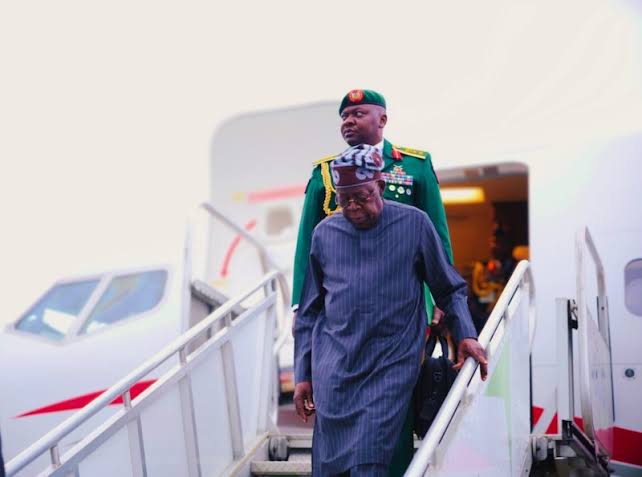






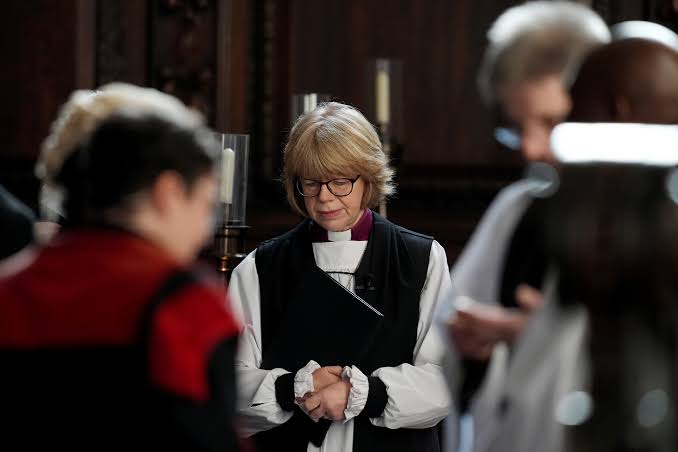
Leave a comment